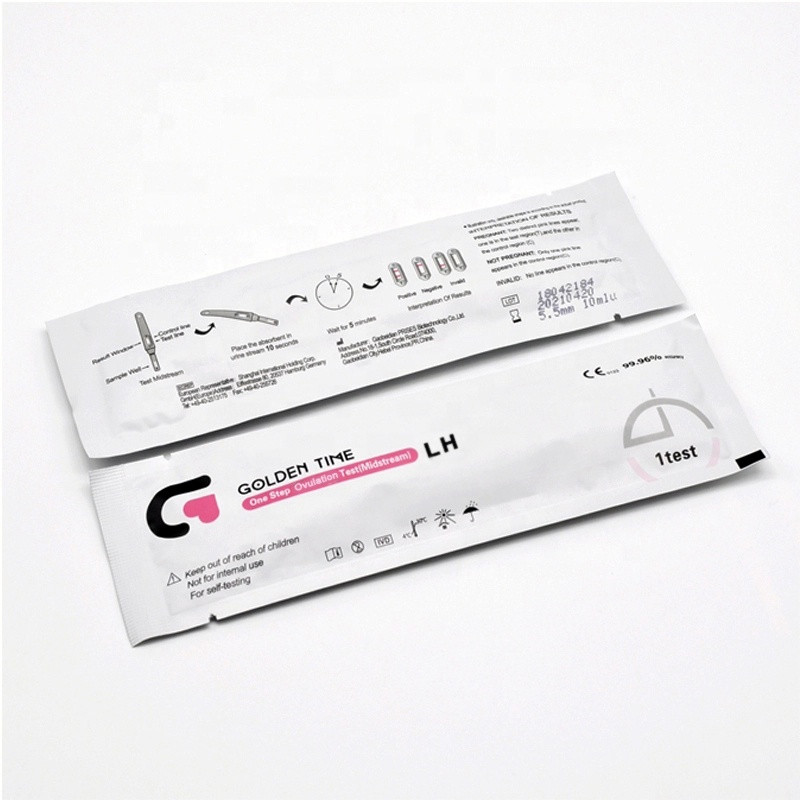Nov . 10, 2024 03:54 Back to list
Suppliers of At-Home Rapid Syphilis Test Kits for Wholesale Distribution
Wholesale at Home Rapid Syphilis Test Suppliers A Growing Market for Health Solutions
In recent years, the importance of sexual health has gained increased attention worldwide, leading to a surge in the demand for reliable and accessible testing options. Among these, the home rapid syphilis test has emerged as a crucial tool in the early detection and prevention of syphilis, a sexually transmitted infection (STI) that can have severe health consequences if left untreated. This shift in public health consciousness has opened up new opportunities for suppliers specializing in wholesale at-home rapid syphilis tests.
Understanding Syphilis and the Need for Testing
Syphilis is caused by the bacterium Treponema pallidum and can lead to serious health issues, including damage to the heart, brain, and other organs if it progresses untreated. The disease is often asymptomatic in its early stages, making regular testing essential, particularly for high-risk populations. According to the Centers for Disease Control and Prevention (CDC), cases of syphilis have been on the rise, highlighting the urgent need for effective screening methods.
The advent of at-home testing kits has revolutionized how individuals approach their sexual health. These tests provide a convenient and private solution, allowing users to conduct tests in the comfort of their own homes without the need to visit a healthcare facility. This not only increases testing rates but also encourages individuals who may feel stigmatized or embarrassed about STIs to seek testing.
The Market for Wholesale Suppliers
With the increasing demand for at-home syphilis tests, there has been a corresponding rise in suppliers who focus on wholesale distribution. These suppliers play a pivotal role in providing healthcare providers, pharmacies, and online retailers with quality testing kits that can be offered to the public. The wholesale model allows for a reduction in costs, making testing more accessible to a broader audience.
Suppliers of at-home rapid syphilis tests must ensure that their products are approved by relevant health authorities such as the FDA in the United States. Quality control and regulatory compliance are non-negotiable, as the accuracy of these tests directly affects public health outcomes. Suppliers that prioritize quality, reliability, and regulatory adherence gain a competitive advantage in a market that values trust and safety.
Key Considerations for Buyers
wholesale at home rapid syphilis test suppliers

For healthcare providers and businesses looking to purchase wholesale at-home rapid syphilis tests, several factors should be taken into account
1. Product Quality It's essential to source products that are clinically validated and have proven accuracy. Buyers should request documentation demonstrating the test's effectiveness.
2. Regulatory Compliance Ensure that the supplier adheres to necessary regulations and standards. This includes certifications from health authorities, which can be crucial for market credibility.
3. Cost-effectiveness Competitive pricing is important for wholesale buyers. However, it shouldn't come at the expense of quality. Evaluating the cost versus quality ratio will help buyers make informed decisions.
4. Supplier Reputation Conducting background checks on suppliers can help buyers assess their reliability and track record in the market. Reviews and testimonials from other customers can provide valuable insights.
5. Logistics and Support It’s vital to choose suppliers that offer comprehensive logistical support and customer service. Efficient delivery and responsive support can significantly enhance the purchasing experience.
Conclusion
The market for wholesale at-home rapid syphilis tests is witnessing substantial growth as awareness of sexual health continues to rise. Suppliers play a critical role in ensuring that quality testing solutions are accessible to the public, ultimately contributing to improved health outcomes. By focusing on quality, compliance, and customer support, these suppliers can meet the needs of healthcare providers and consumers alike, fostering a healthier society. As we move forward, the convenience and efficacy of at-home testing will likely play an increasingly vital role in public health strategies aimed at combating STIs like syphilis.
-
Reliable Early Pregnancy Test Kit Supplier - Multi Plastic Cassette Options
NewsJul.30,2025
-
Transferrin Rapid Test Cassette – Reliable Tumor Marker Detection
NewsJul.29,2025
-
Accurate Follicle Stimulating Hormone Test Kit | Rapid Reliable Results
NewsJul.29,2025
-
High Accuracy LH Ovulation Test Kit - Digital Results & Wholesale Options
NewsJul.29,2025
-
HbsAg Blood Rapid Test Kit for Fast & Accurate Hepatitis B Detection
NewsJul.28,2025
-
Sterile Urine Cup for Safe & Easy Collection | High-Quality Specimen Cups
NewsJul.28,2025

